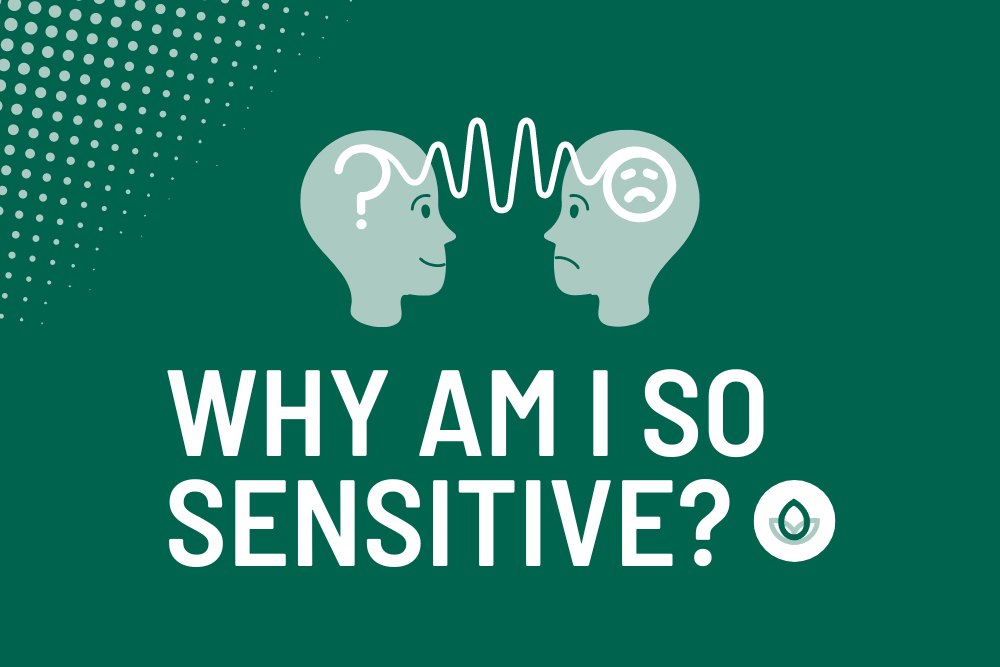Emotional highs and lows are a typical part of early recovery. As your brain and body readjust to the absence of toxic substances, you may encounter many challenges you don’t feel equipped to deal with, including grappling with complicated emotions like shame and grief.
Learning to Live Without Drugs and Alcohol
Everyone develops unique coping mechanisms to help them deal with stressful or unpleasant circumstances. People who rely on drugs and alcohol to find relief become experts at sweeping their feelings under the rug, instead of confronting them and dealing with them head-on.
A significant part of the recovery journey requires you to learn how to reconnect with your emotions and allowing yourself to fully feel them again. At first, admitting you have a drug or drinking problem might seem like the most uncomfortable part. However, learning to process the emotions that bubble up to the surface can be an even more significant hurdle if you are used to masking your feelings with chemicals.
What Is Emotional Sobriety?
Though your motivation for getting sober should be to rediscover a sense of happiness and fulfillment, you aren’t a failure if you are having an off day. Instead, emotional sobriety is about being more present, finding your true self, and getting in touch with all your feelings – whether those are positive or negative.
While emotional sobriety means slightly different things for everyone, here are some general things to strive for.
- Using healthy coping mechanisms
- Accepting your current reality
- Forgiving yourself for past mistakes
- Practicing self-compassion
- Silencing your harsh inner critic
- Controlling what you can, and letting go of everything else
Moving Forward
During active addiction, being numb can become your daily norm. In early sobriety, you may be surprised by the range of emotions that come to the forefront after years of muting your feelings with various substances.
Healing from a substance use disorder requires you to embark on a difficult journey, but that doesn’t mean you have to do it alone. You can rely on the friends and family members who love and support you. If you’re having a tough time, reach out to people who will offer a sympathetic ear and help you get through whatever emotional challenges you’re experiencing.
Working with a therapist will also be beneficial because it allows you to talk to an unbiased observer who can help you recognize emerging patterns and identify warning signs of a looming emotional problem on the horizon. That way, you can quickly deal with it before it threatens your recovery.
Seattle Intensive Inpatient Treatment
Inpatient addiction treatment is your chance to find relief from the stress, frustration, and guilt that are natural byproducts of a substance use disorder. At Lakeside-Milam, we have geared our program toward helping people achieve lasting recovery. Using evidence-based practices, we help our clients understand addiction as a chronic, progressive, and treatable illness.
Many of our experienced staff have firsthand experience of how addiction affects lives. They are also proof that people can succeed in recovery. To learn more about making a positive change at the Pacific Northwest’s leading treatment center, contact us today.






